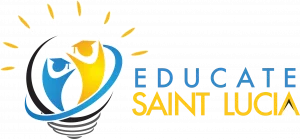Open Educational Resources (OER) are teaching, learning and research materials in any medium – digital or otherwise – that reside in the public domain or have been released under an open licence that permits no-cost access, use, adaptation, and redistribution by others with no or limited restrictions (UNESCO).
These resources have had an immense impact on education, especially over the past two years during COVID-19 school shutdowns. Generally, these resources have been known to expand access to learning, augment learning materials and enhance regular classroom content.
In this course learners will explore the OER construct with the goal of moving their organisation towards the process of adoption. Learners will curate, create and implement OER within their organisations. Learners are expected to engage in a process of evaluation and reporting on the impact of their project.
Learning Outcomes
- Define Open Education Resources (OER) as it relates to your context.
- Discuss the value of OERs in supporting resilience in education in the OECS context.
- Apply principles of OER in the development, repurposing and distribution of digital education content.
- Use different licensing frameworks in the application of OERs in your contexts.
- Apply effective strategies for searching digital education content.
- Employ knowledge of instructional design to evaluate digital education resources.
- Design digital content to meet learner needs, learning styles and intelligences.
- Develop a clear framework for adoption of OERs in your contexts.
- Implement OERs in their educational context.
- Report on impact of OERs in their educational context.






